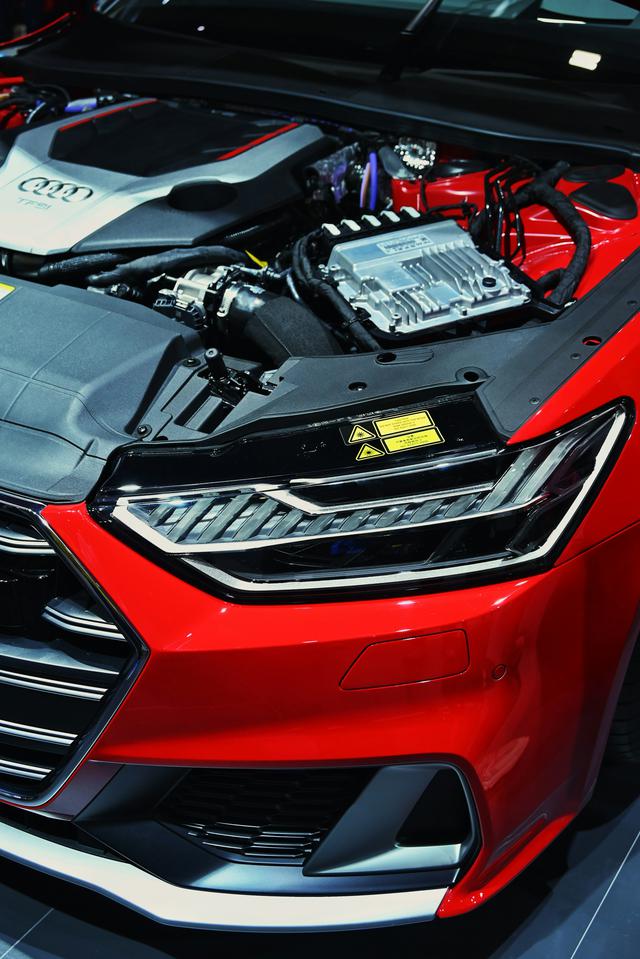Expert Guide to Creating a Car Maintenance Plan

Are you tired of constantly having to deal with unexpected car issues and costly repairs? It’s time to take control of your vehicle’s maintenance with a comprehensive car maintenance plan.
In this expert guide, we’ll discuss the importance of professional inspections, the critical elements of vehicle maintenance, and how to develop a schedule that keeps your car running smoothly for years to come. By the end of this blog post, you’ll be equipped with the knowledge and tools necessary to take proactive steps in caring for your vehicle.
Understanding the Importance of Professional Inspections
Professional inspections are critical to the overall health and longevity of your vehicle. Having a trained professional assess the condition of your car can help catch potential issues before they become major problems. These inspections should be done regularly to ensure that your car is running at its best and to prevent any unexpected breakdowns or safety hazards on the road.
In addition, professional inspections can also help maintain the value of your vehicle. By staying on top of regular maintenance and addressing any issues promptly, you can ensure that your car remains in top condition, which can be crucial when it comes time to sell or trade in your vehicle. Overall, professional inspections are an investment in the long-term performance and value of your car.
Breaking Down the Key Elements of Vehicle Maintenance
When it comes to ensuring the longevity and optimal performance of your vehicle, it’s crucial to understand the different elements of car maintenance. This includes regular inspections of the engine, transmission, brakes, tires, and other crucial components. Professional technicians can perform thorough checks to identify any potential issues and address them before they escalate into major problems.
In addition to the mechanical components, it’s essential to pay attention to the maintenance of the vehicle’s fluids, such as oil, coolant, and brake fluid. Regularly servicing these fluids can prevent wear and tear on the engine and other vital parts of the car. Furthermore, the electrical system, including the battery and wiring, should be meticulously inspected to ensure that all components are functioning properly. By breaking down the key elements of vehicle maintenance, car owners can develop a comprehensive plan to keep their vehicles in top condition.
Developing a Comprehensive Car Maintenance Schedule
Creating a comprehensive car maintenance schedule involves understanding the different elements of vehicle maintenance and determining how often each element needs to be addressed. This schedule should include regular oil changes, tire rotations, brake inspections, and fluid checks. By developing a detailed plan for when each of these tasks needs to be completed, car owners can ensure that they are taking care of all aspects of their vehicle’s maintenance.
In addition, it’s important to factor in professional inspections into the maintenance schedule. These inspections should be performed by a qualified mechanic, who can help identify and address any potential issues with the vehicle before they become major problems. By including regular professional inspections in the maintenance schedule, car owners can proactively maintain their vehicle’s performance and safety.
Reach Out to Assurance Tire & Service!
At Assurance Tire & Service, we offer various general automotive services. You can trust us to get the job done right the first time, whether it’s brake repairs or electrical system troubleshooting.
Overall, we offer oil changes, brake services, alignment, automotive heating and air conditioning repair, engine light diagnosis and repair, state inspections, scheduled maintenance, filter replacement, diagnostics, fluid flushes, and battery replacement.
Give us a call at 919-268-4300 or fill out the contact form on our website and we’ll be in touch as soon as possible!
